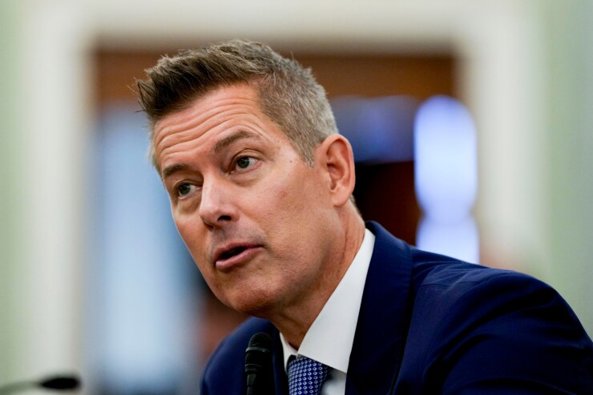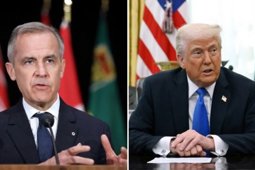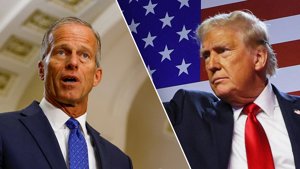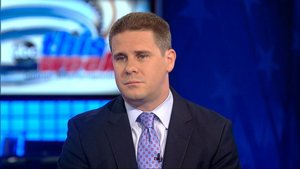
Duffy Warns States on ICE, Threatens Federal Fund Cuts
Duffy warns states refusing ICE cooperation may lose federal funds as Trump expands mass deportations.
Federal Funding Tied to ICE Cooperation as Deportation Operations Expand
Transportation Secretary Sean Duffy delivered a stern warning to states and cities that fail to cooperate with Immigration and Customs Enforcement (ICE), stating they risk losing federal infrastructure funding. Duffy’s message comes as violent demonstrations and infrastructure damage continue in major cities, including Los Angeles, while President Donald Trump ramps up the largest mass deportation operation in U.S. history.
Speaking on Monday, Duffy declared, “The USDOT will not fund rogue state actors who refuse to cooperate with federal immigration enforcement. And to cities that stand by while rioters destroy transportation infrastructure — don’t expect a red cent from DOT, either. Follow the law, or forfeit the funding.” The warning underscores the administration’s efforts to link federal support for local projects to compliance with federal immigration laws and cooperation with enforcement agencies.
California is at the center of the dispute, as Governor Gavin Newsom remains at odds with the administration over federal intervention in state National Guard deployments and the ongoing unrest in Los Angeles. Duffy’s remarks target California and other “rogue” jurisdictions, making clear that non-compliance with ICE could have immediate financial consequences for infrastructure projects.
Trump Praises ICE as Mayors, Governors Respond to Crackdown
President Trump praised ICE officers for their “strength, determination, and courage” in facilitating the mass deportation operation, calling it the largest in American history. In a statement on social media, Trump said, “Every day, the brave men and women of ICE are subjected to violence, harassment, and even threats from radical Democrat politicians, but nothing will stop us from executing our mission, and fulfilling our mandate to the American people.”
Trump also called for ICE, Border Patrol, and law enforcement to focus on crime-ridden inner cities and sanctuary cities, noting, “You don’t hear about sanctuary cities in our heartland.” This reflects the administration’s belief that urban centers that do not cooperate with federal immigration enforcement contribute to increased crime and instability.
Duffy emphasized that federal grants come with clear obligations. “It shouldn’t be controversial – enforce our immigration rules, end anti-American DEI policies, and protect free speech. These values reflect the priorities of the American people, and I will take action to ensure compliance,” he said in an earlier statement.
California officials pushed back, with Newsom spokesman Daniel Villaseñor stating that the state coordinates with ICE for individuals convicted of serious crimes, and has transferred over 10,588 such individuals since Newsom took office. Villaseñor noted that California’s efforts have twice been upheld by the Ninth Circuit Court of Appeals, and the state will continue to comply with federal law while focusing on community safety and effective policing.
Reactions from city leaders have varied. Chicago Mayor Brandon Johnson sharply criticized the federal approach, likening it to 19th-century Confederate policies and warning of the consequences for American society. “There should be no question to what our country would look like had the Confederacy won – we’re seeing it on full display,” Johnson said.
New York Mayor Eric Adams adopted a different tone, stressing that his city does not obstruct federal authorities and takes steps to ensure federal law enforcement can operate. “If you were those who were sitting in the roadway, blocking trucks, blocking pedestrians or blocking parents from wanting to go to the job … it’s not going to happen in the city,” Adams said.
Los Angeles Mayor Karen Bass argued that Trump’s immigration raids have hurt the city’s workforce and economy, saying, “The disruption and the fear that has been caused by the raids has really had a devastating effect and has been a body blow to our economy.”
As the Trump administration presses forward with its enforcement agenda and makes federal funding conditional on cooperation, local and state leaders face tough decisions about compliance, public safety, and the future of their communities’ infrastructure.






